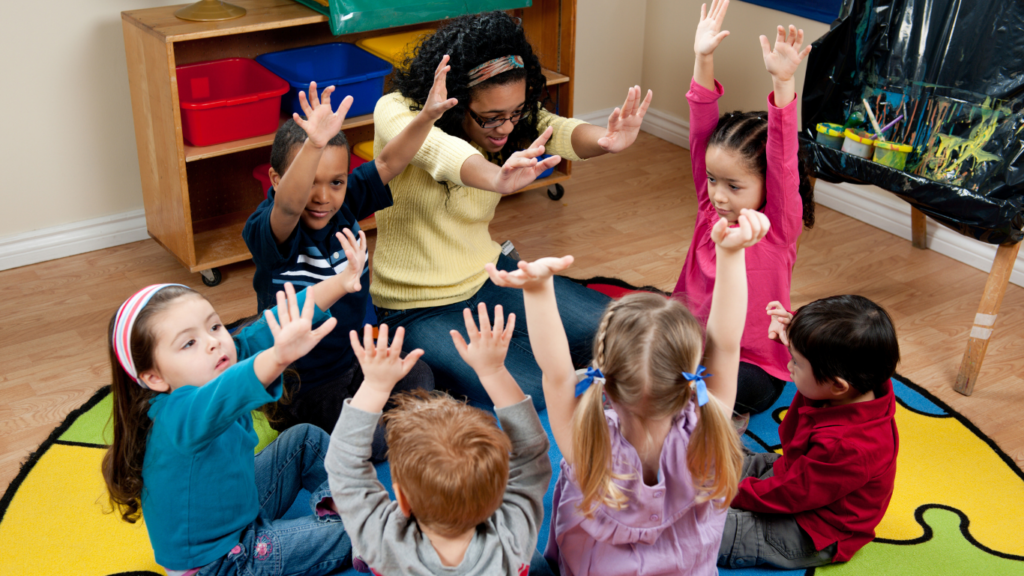When it comes to early learning, home is where it all begins. Those first few years are filled with curiosity and discovery, and as a parent, I’ve realized how much influence the home environment has on shaping a child’s development. It’s not about expensive toys or structured lessons—it’s about creating a space where exploration and connection thrive.
The Importance Of Early Learning At Home
Early learning at home sets the stage for a child’s long-term development. A nurturing home environment encourages cognitive, emotional, and social growth by engaging children in activities that stimulate curiosity and critical thinking. Through daily experiences, like storytelling or problem-solving games, a child develops foundational skills that support academic and personal success.
Parental involvement directly shapes a child’s early learning. When I actively participate in activities such as reading aloud, practicing letters and numbers, or exploring nature with my child, I strengthen their understanding of the world. These shared moments not only teach practical skills but also foster a sense of security and belonging, which are vital for healthy development.
Modeling positive attitudes toward learning significantly impacts a child’s mindset. If I approach challenges with enthusiasm or celebrate small achievements, I teach my child the value of persistence and self-confidence. Observing these behaviors helps them build resilience and adaptability, essential traits for future endeavors.
Communication is a core component of early learning at home. Engaging in meaningful conversations, even during routine tasks, enhances vocabulary development and comprehension skills. When I ask open-ended questions and encourage my child to express their thoughts, I promote critical thinking and creativity. These interactions lay a solid foundation for language and problem-solving abilities.
Creating A Nurturing Environment

A nurturing home environment plays a vital role in shaping a child’s early learning experiences. It fosters:
- security
- exploration
- positive growth
through intentional routines and opportunities for discovery.
Establishing Routines
- Structured routines support a child’s sense of stability. Consistent schedules for meals, play, and rest provide predictability that helps children feel secure. For example, setting specific times for reading encourages focus while creating habits that promote long-term learning.
- I’ve found that morning routines, such as discussing plans for the day, also help develop time-management skills.
- Balancing structure with flexibility is essential.
- While routines should guide daily activities, allowing occasional adjustments ensures children adapt to change without distress.
- Celebrating regular family activities, like eating dinner together or sharing stories before bed, strengthens emotional bonds and builds communication.
Encouraging Exploration
Encouraging exploration sparks curiosity and critical thinking in children. Providing simple materials like building blocks or art supplies lets them experiment freely and learn through trial and error. I use spaces like the backyard or local parks where sensory-rich experiences engage a child’s imagination.
Asking open-ended questions during play or daily tasks helps deepen understanding. For instance, I might ask, “What do you think will happen if…?” to promote problem-solving and creativity. Guiding them to safely explore their surroundings—both indoors and outdoors—creates a foundation for lifelong learning and adaptable thinking.
Essential Early Learning Activities
Engaging in purposeful, everyday activities at home fosters a child’s early education effectively. By focusing on reading, play, and communication, I help create meaningful learning experiences for my child.
Reading Together
Reading aloud introduces children to language structure, enriches vocabulary, and develops listening skills. I choose age-appropriate books with colorful illustrations and interactive elements to capture attention. Repeating favorite stories strengthens memory, while asking questions like “What might happen next?” promotes critical thinking. Reading daily, even for 10-15 minutes, builds a positive habit and encourages curiosity.
Creative Play And Problem Solving
Open-ended play fosters imagination and problem-solving skills. I provide materials such as blocks, art supplies, or puzzles, allowing my child to experiment and create independently. During these activities, I guide gently but let them lead, encouraging perseverance when challenges arise. Incorporating role-playing, like pretending to be a chef or explorer, helps them develop social and cognitive skills while having fun.
Encouraging Communication And Language
Talking regularly with my child supports language acquisition and builds confidence. I narrate daily routines, describe objects, and ask open-ended questions to enhance their vocabulary. During play or meals, I listen actively, respond with enthusiasm, and expand on their thoughts to deepen understanding. Singing songs and reciting rhymes together further boosts phonemic awareness, making learning enjoyable and interactive.



 Community Engagement Manager
Community Engagement Manager
